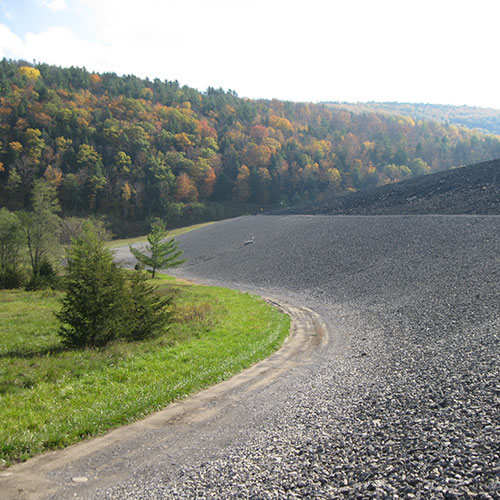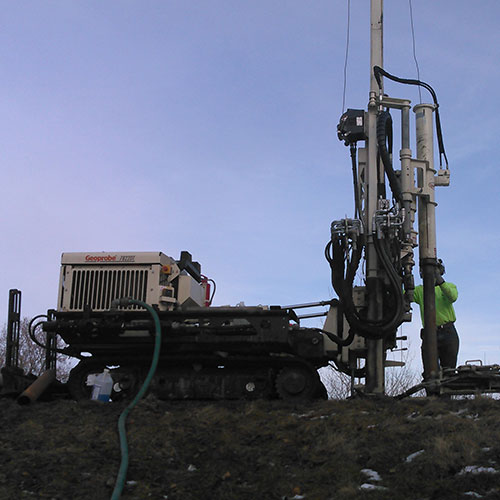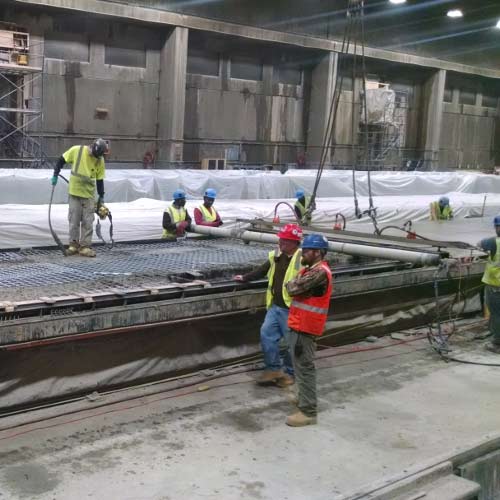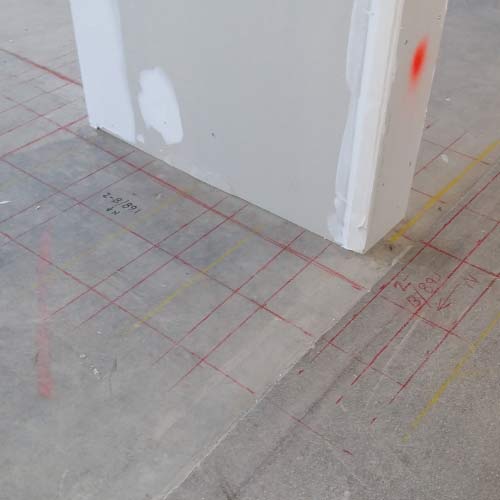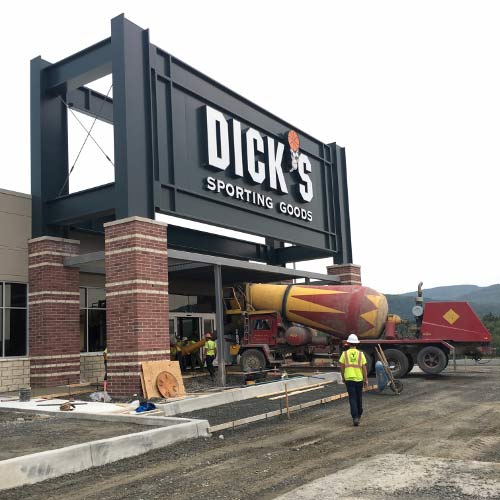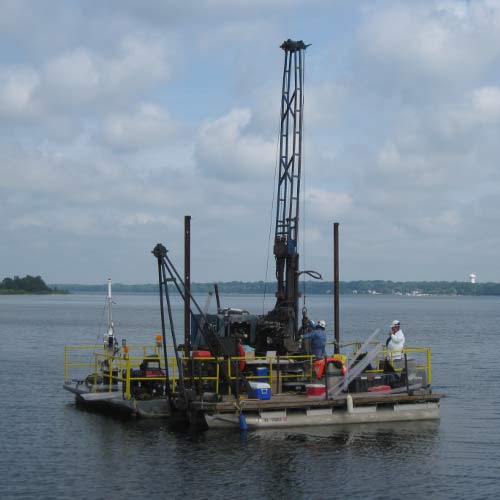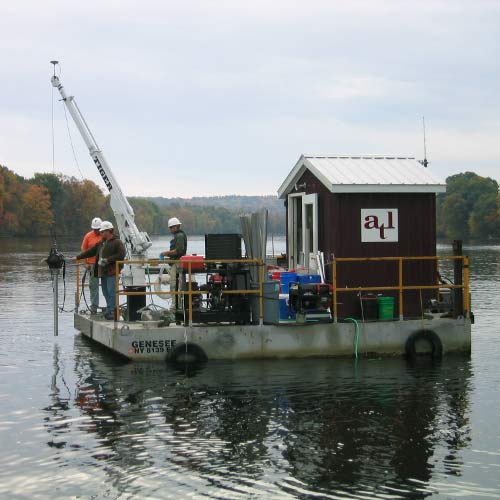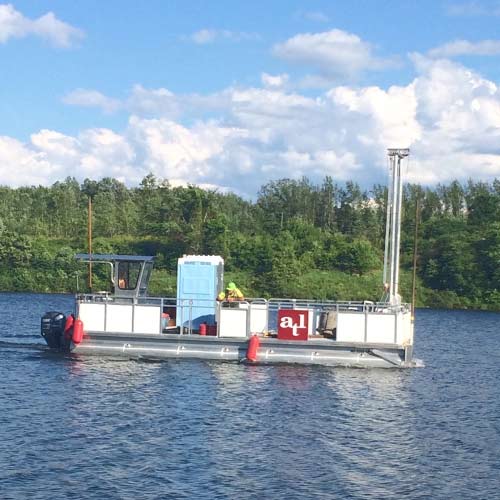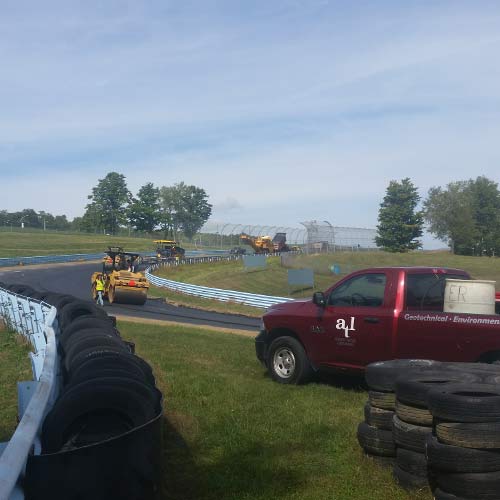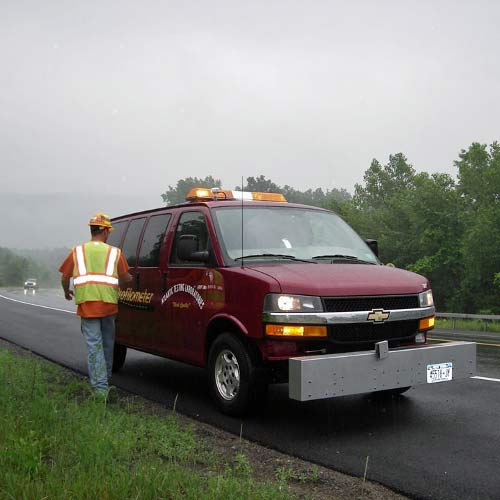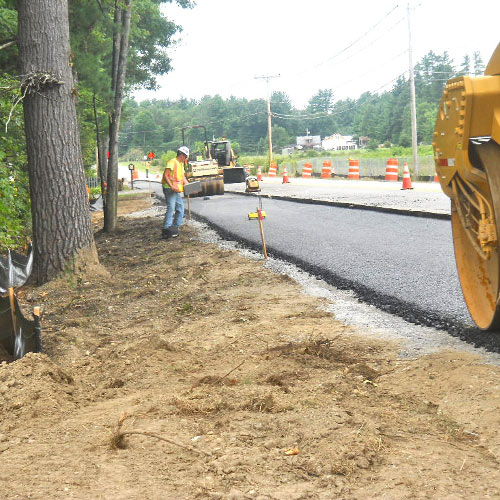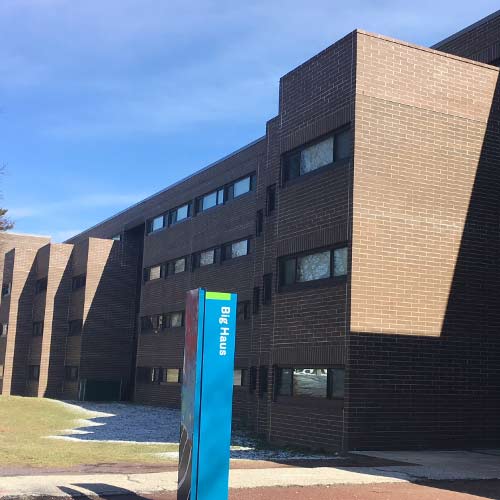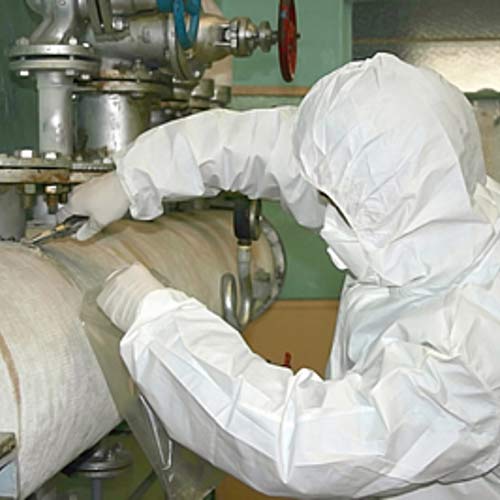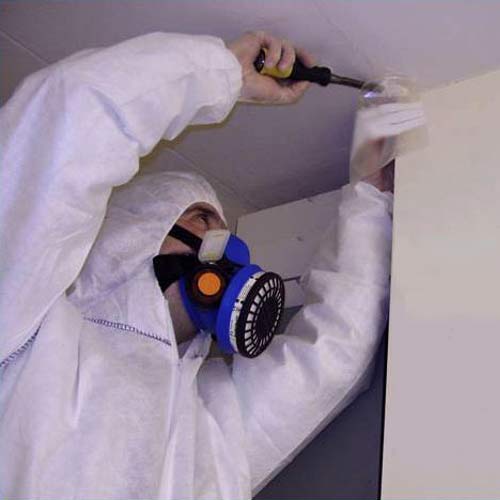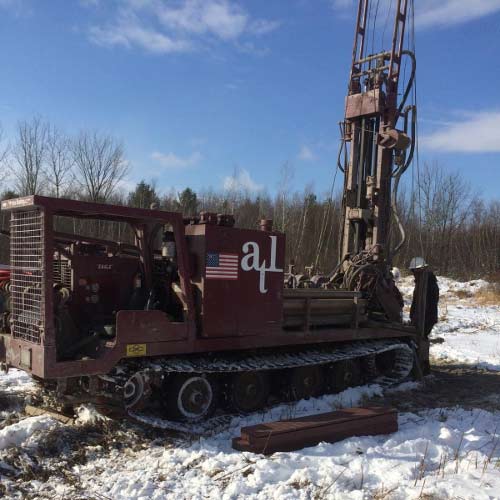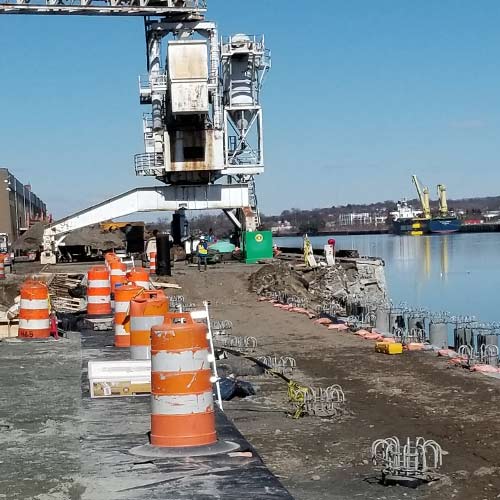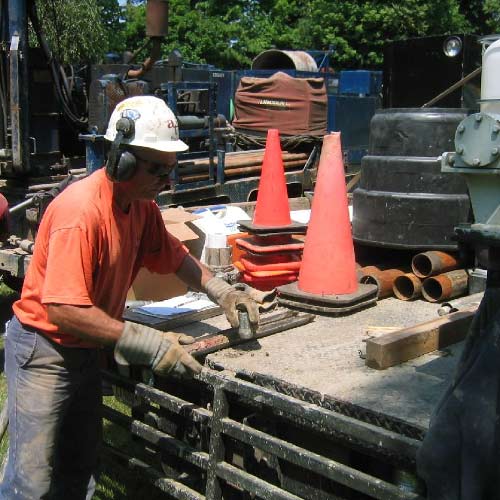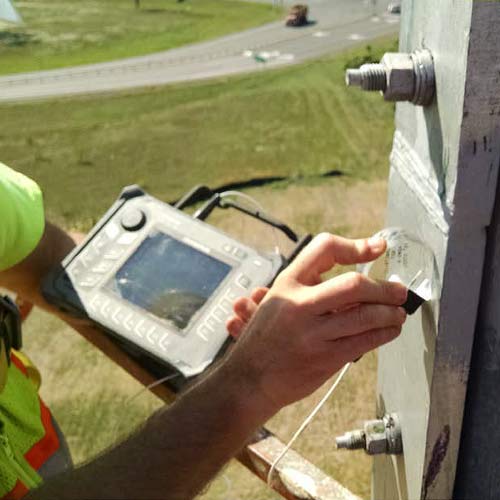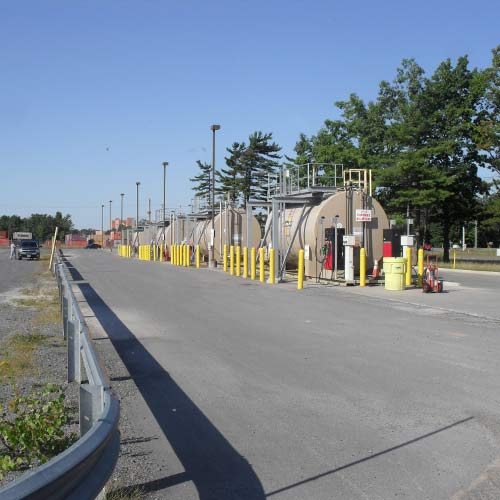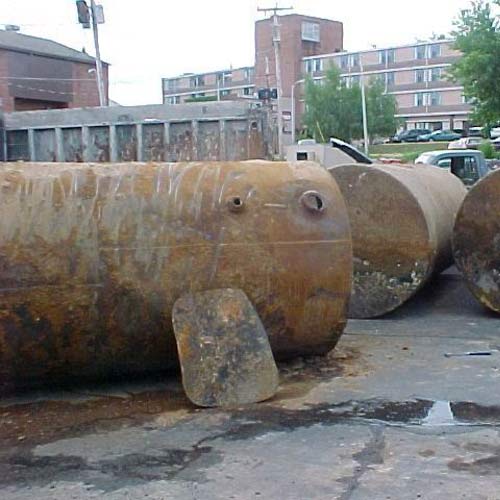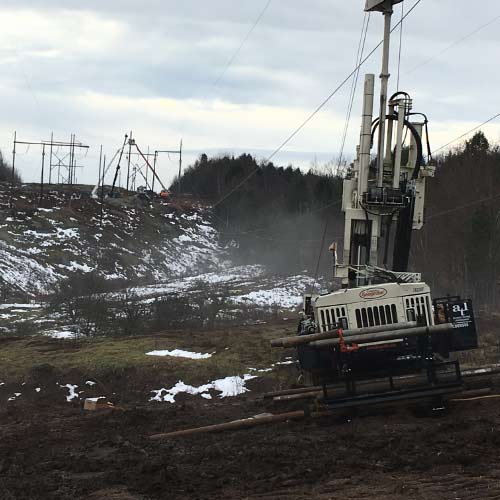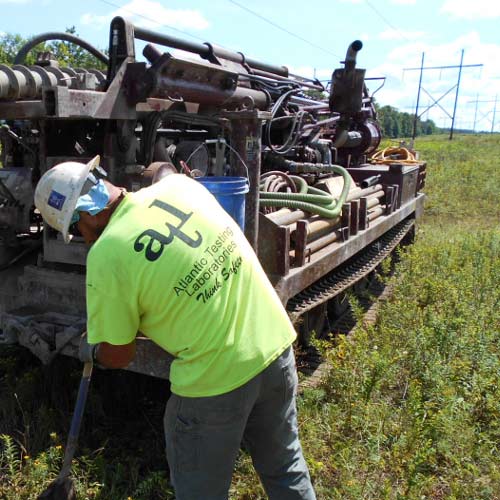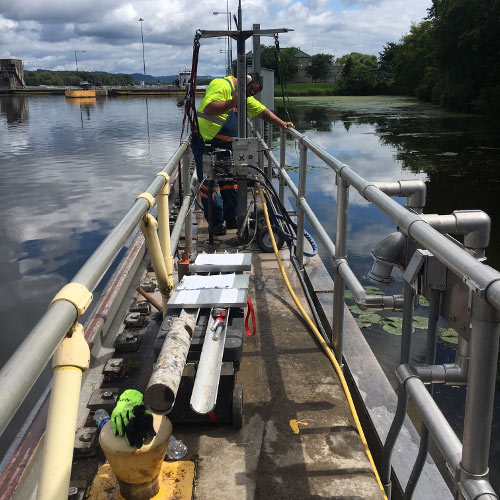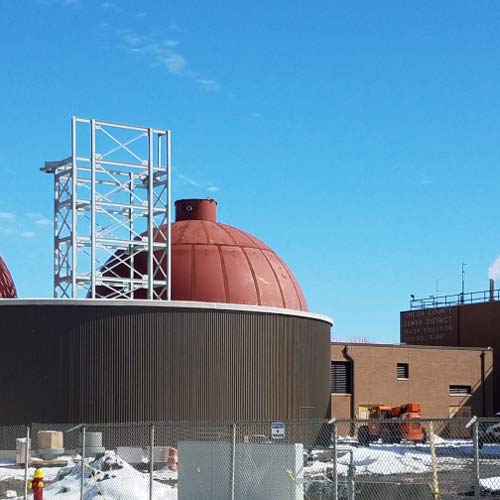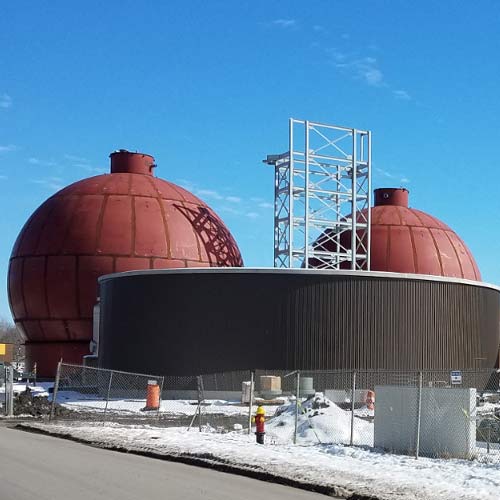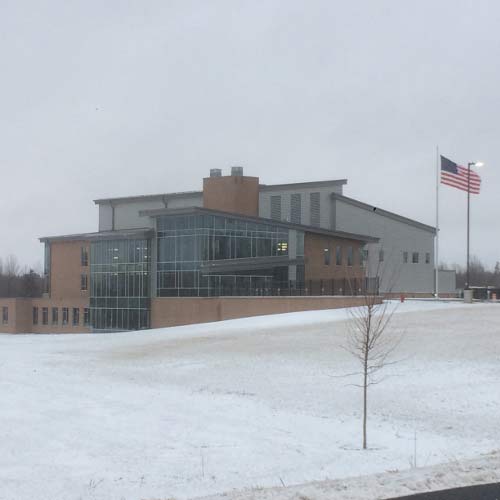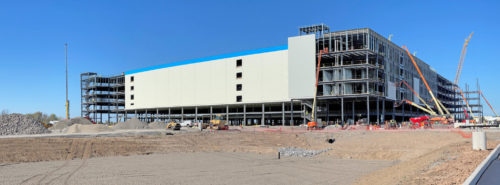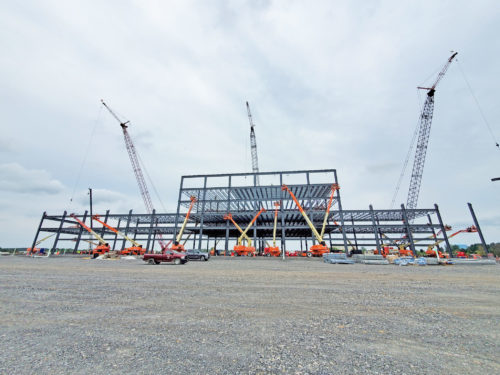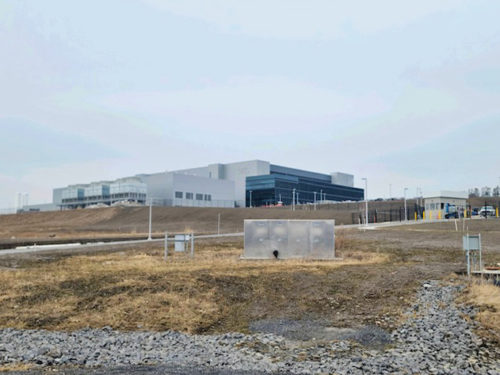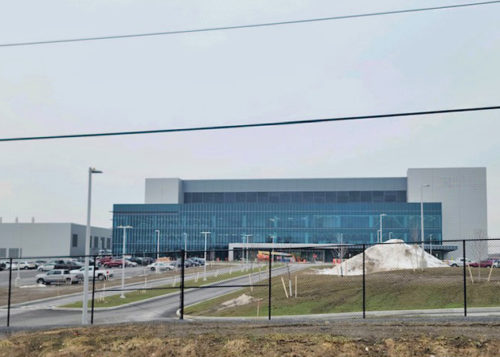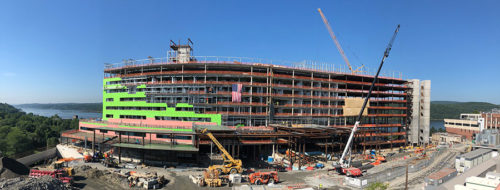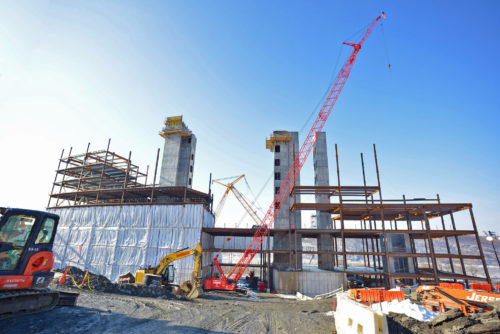Click the following link to view the PDF of this paper: PFAS in Recycled Asphalt and Concrete Pavements

Cheyenne J. Dashnaw, PE
Senior Engineer
Atlantic Testing Laboratories
Recycled building materials are being used at a higher frequency than ever before. The benefits of using recycled building materials are the conservation of natural resources, energy savings, reduction in landfill waste, and reduction in emissions. However, there can be unintended consequences of using recycling building materials. Contractors milling at airports and other locations with a history of using firefighting foam could unknowingly encounter per- and polyfluoroalkyl substances (PFAS) contamination in the recycled asphalt pavement (RAP) and/or recycled concrete aggregate (RCA). If contaminated RAP or RCA are relocated to a different site, the contractor could be considered a potential generator and transporter of hazardous materials. Additionally, if the materials are used as fill or an ingredient in new pavements, there is a risk of contaminating multiple other sites. Another factor to consider is potential contamination of milling equipment, loading equipment, transportation vehicles, and asphalt and concrete plants that could then require decontamination.
PFAS are a group of man-made chemicals, including perfluorooctanesulfonic acid (PFOS) and perfluorooctanoic acid (PFOA), used in the production of a wide variety of consumer goods. PFAS have been commonly found in food packaging, household cleaning products, stain repellents, pesticides, and firefighting foam. PFAS can accumulate in the environment and in materials at locations where the chemicals were used or through migration from an affected area or material. PFAS from firefighting foam is of specific concern for recycled materials originating from locations where these products were utilized for firefighting or related training operations, such as airfields, firefighter training facilities, oil refineries, etc.
The New York State Department of Transportation’s (NYSDOT) requirements and policies for the development of asphalt mixture designs (Materials Method 5.16) allow for the use of up 30% RAP. Additionally, NYSDOT Standard Specifications section 703-09 states that “the aggregate component of the RAP shall meet the requirements of section 703, Aggregates. The bitumen component of the RAP shall be asphalt cement and shall be free of significant contents of solvents, tars, or other contaminating substances that will make the RAP unacceptable for recycling as determined by the Department”.
In January 2021, via regulatory oversight given by the United States Environmental Protection Agency (USEPA), the New York State Department of Environmental Conservation (NYSDEC) Division of Environmental Remediation (DER) released a technical guidance document titled, “Sampling, Analysis, and Assessment of Per- and Polyfluoroalkyl Substances (PFAS),” requiring sampling and analysis of environmental media for PFAS as part of remedial programs under 6 NYCRR Part 375. This guidance document has since been updated, with the current version dated April 2023. Currently, NYSDEC Division of Environmental Remediation (DER) requires the use of EPA Method 1633 for analysis of PFAS in all environmental media (not including drinking water)1.
Guidance values for limits in soil have been developed for sites in New York State, but soil cleanup objectives (SCO) are not planned to be established until at least a proposal and approval in a future revision to 6 NYCRR Part 375-6. The current guidance gives limit values for PFOA and PFOS based on the anticipated site use for soil and groundwater. While regulations are in progress, it is important to rely on knowledgeable environmental scientists and engineers to ensure that sampling and analysis are completed reliably and in accordance with the most recent and updated regulatory standards.
If you have a project that may require sampling for PFAS or any other environmental analyte, ATL, a WBE certified company, has experienced environmental professionals located throughout New York State to perform sampling and coordinate applicable analysis.
For more information, contact Cheyenne Dashnaw, PE at 315-386-4578, info@atlantictesting.com, or visit www.AtlanticTesting.com.
(1) www.dec.ny.gov/environmental-protection/site-cleanup/pfas
|
ASSOCIATED SERVICES |
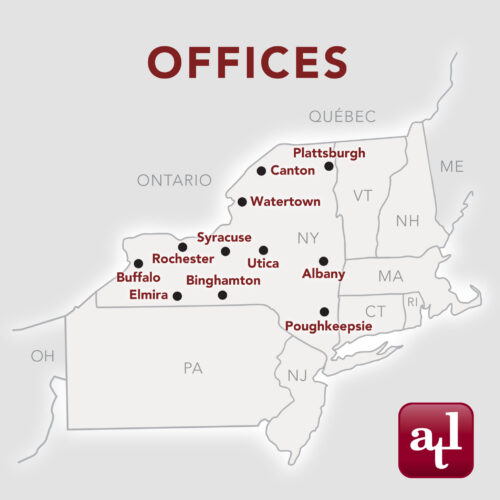 |


